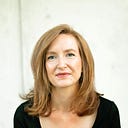

Discover more from Write More, Be Less Careful
"Becoming a mother has deepened my creativity, connecting me to the universal pain and joy of mothers everywhere, across continents and the boundaries of time. "
novelist Meredith Jaeger on embracing her identity as both a mother and a creative, and the challenges of combining the unpaid labor of motherhood and the often-underpaid labor of writing
Hello there! This is a good creatures interview, a series that explores the intersection of caregiving and creative practice. I’m so excited to showcase people doing lots of kinds of caregiving—people caring for kids or pets or other family members and/or caring for space through gardening or community work or activism—and lots of kinds of creative work.
If you know (or are!) a good creature whose work we should feature, send me an email—you can just reply to this newsletter.
Today’s interview is with Meredith Jaeger, the USA Today-bestselling author of The Dressmaker's Dowry, Boardwalk Summer and The Pilot’s Daughter and the forthcoming novel The Incorrigibles. I met Meredith through another writer (hi, Linda!), who connected us after Meredith shared the post below about the “exhilarating highs and painful lows” of writing—and specifically, the business side of writing, when you’re depending on your creative work to produce money you’ll use to pay for childcare.
It’s worth clicking through to read the whole post and the many lovely, affirming comments, but I’ll say this part especially spoke to me:
I’m proud of THE INCORRIGIBLES and every book I’ve written so far. I want nothing more than to continue writing for a living. But with advance payments paid out over the course of several years (!) a small advance means some years are simply too lean to get by. The financial stress of 2023 affected my personal life. I felt worthless. Unpaid labor (mothering) is still labor. And yet mothers in the United States have very little support. What advance money I had, I spent on childcare so I could meet my deadlines. I know I have value outside of what I earn, but in a hypercapitalist society, it’s hard for me to remember that truth.
Below, we talk about being resourceful in your writing practice, the financial realities of writing, and how the physical and psychological changes of mothering can enrich writing.
Who do you care for?
I care for my two children—my daughter, who’s seven years old, and my son, who will turn two in June—and also my scruffy Chihuahua rescue mix who likes to get into trouble. Thankfully my husband can take care of himself, he makes us lattes every morning to deal with the chaos!
What kind of creative work do you do?
I am a novelist. My fourth dual-timeline novel, The Incorrigibles, will be released by Dutton (Penguin Random House) on May 21st.
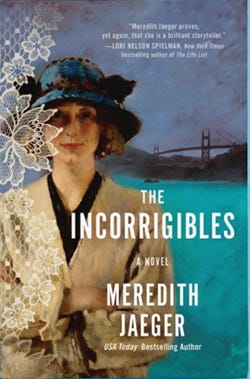
What’s changed in your creative life since becoming a caregiver?
I’ve never been precious about where and when I write, but since becoming a caregiver, I’ve become even more resourceful. Before kids, I worked full-time and wrote only on weekends, usually holing up for hours at a café. Now, I don’t have as many hours at a time to write, and I’ll work anywhere I can hide from my kids, including in my car. I’m often asked how I deal with writer’s block and my answer is—I can’t afford it! If I’m paying someone to watch my children so I can write, then I’m writing during that time, even if I feel exhausted and uninspired. Becoming a mother has deepened my creativity, connecting me to the universal pain and joy of mothers everywhere, across continents and the boundaries of time. I have a deeper sense of empathy and an understanding of my own strength. Right now, my children are young, and they need so much from me—diapers changed, noses wiped, help with homework, meals cooked, fevers soothed, bedtime stories. When I make time for myself and my creative life, I feel more like the person I was before. It’s important for me to embrace my identity as both a mother and a novelist, and to remind myself that I matter. As a caregiver, it’s all too easy to put everyone else’s needs first.
Motherhood is unpaid labor and writing often doesn’t pay a living wage, which is a taboo topic, but it’s true. I wish both mothers and creatives were valued by society.
What is difficult about being creative and a caregiver?
It’s difficult feeling like I’m always stretched so thin. What kind of work could I create with uninterrupted writing time? What kind of mother could I be with unlimited financial resources? I fantasize about having the freedom to attend a writer’s residency where I would have peace and solitude and someone else cooking for me, about earning an MFA, about traveling abroad for research and sleeping eight hours a night. I haven’t slept (well) in eight years. My husband and I have never taken a vacation together without our kids. Our boomer moms aren’t up for the task of watching a toddler and a second-grader for more than a few hours, which is fair, they are in their seventies after all! But I get overstimulated from all the noise, and very triggered by my baby crying. These difficulties—balancing a creative life with caregiving—can all be alleviated with money. Creatives who can outsource their caregiving responsibilities (those with wealth, and many don’t acknowledge it) can spend as much time as they want to on their creative endeavors, on travel, on personal growth and on self-care. A writer with a full-time nanny and housekeeper will have a very different day than a writer without one. Motherhood is unpaid labor and writing often doesn’t pay a living wage, which is a taboo topic, but it’s true. I wish both mothers and creatives were valued by society. In America, we don’t have paid parental leave, universal childcare, or universal health care. I am a creative whose spouse doesn’t have health insurance through his job, so both of us are paying out of pocket. Financial stress affects creativity because when you’re stuck in “fight or flight” mode, it’s hard to produce good work.
What are some creative milestones you’re looking forward to? Or ones you “missed” due to the both/and aspects of your life?
This is such a good question. I tried and failed to get a literary agent for six years, acquiring hundreds of rejection letters. I dreamed of being traditionally published as a young, childfree woman (I really wanted to be on a “thirty under thirty” list!) but that’s not how life worked out. Instead, I sold my debut novel in 2015 when I was pregnant with my daughter and working full-time for a tech startup.
I celebrated my debut book launch for The Dressmaker’s Dowry at an independent bookstore in San Francisco in 2017, when I was thirty-four years old. It was an amazing night. But while celebrating this achievement, I was also sleep deprived, and worried about my five-month-old baby, who was back at my apartment with a sitter. It was very much a both/and moment where I didn’t “miss” the milestone, but it didn’t happen on my preferred timeline!
What does a day in your life look like as a creative and care-giver?
It looks similar to the day of any other frazzled mom of young children. I get up, feed my kids breakfast, get them dressed, drop my daughter off at school and my son off at daycare, where he goes three days a week. I answer emails, write blog posts, and complete book marketing tasks that my publicity team has assigned to me. I also do other forms of paid writing (game writing, training an AI language model for a tech client) and suddenly it’s 2PM and time to pick my daughter up from school. I feed her a snack, help her with homework and then take her to Brazilian Jiu Jitsu or to her musical theater classes. Then I get my toddler from daycare. On Thursdays and Fridays, I’m home with him all day and I can only write during his naps. But when I’m on deadline with my publisher, actually writing a novel, I will spend the four or so hours that I have in a café, or in an archive wearing gloves and doing historical research. I love being that creative “zone” instead of doing social media promotion.
Your heart will expand painfully, because it now exists in the form of a tiny human whom you will protect with your life and the fierceness of a mother lion. You may take some time away from your art, and you may fear that you have lost the ability to create. But you haven’t.
What advice would you give someone who has a creative practice and is embarking on becoming a caregiver?
I can’t speak to the experience of being a caregiver for an ageing parent or a spouse, but for anyone who is embarking on becoming a mother—you will experience physical and psychological changes. Your heart will expand painfully, because it now exists in the form of a tiny human whom you will protect with your life and the fierceness of a mother lion. You may take some time away from your art, and you may fear that you have lost the ability to create. But you haven’t. You’ve just been dealing with the psychological torture of sleep deprivation. Some pieces of your old life will fit into your new one, while others won’t. The same goes for your creative practice. It might not look the same as it did before, but that’s okay. Don’t give it up!
a question for you
I was so moved by Meredith’s description of this tension so many of us feel about the value of our creative work:
I know I have value outside of what I earn, but in a hypercapitalist society, it’s hard for me to remember that truth.
how do you remind yourself (and people around you) that your creative work has value, even if that value isn’t always expressed in dollars?
Meredith Jaeger is the USA Today bestselling author of The Dressmaker's Dowry, Boardwalk Summer and The Pilot’s Daughter. Meredith was born and raised in Berkeley, California, the daughter of a Swiss father and an American mother. She holds a BA in modern literature from the University of California, Santa Cruz and lives outside San Francisco with her husband and their two young children.
She’s got lots of great book events coming up this spring. If you’re in California, you can catch her at Books Inc in Berkeley on Tuesday, May 21 at 7pm, at Thumbprint Cellars in Healdsburg on Friday, May 31 at 7pm (that one comes with wine!), and Warwick’s in La Jolla on Monday, June 17 at 7.30pm.
You can read more at her website, and you can find her on Instagram meredithjaegerauthor and on TikTok @meredith.jaeger.
Write More, Be Less Careful is a newsletter about why writing is hard & how to do it anyway. You can find my books here and read other recent writing here. If you’d like occasional dog photos, glimpses of my walks around town, and writing process snapshots, find me on instagram.
If Write More has helped you in your creative life, I’d love it if you would share it with a friend.






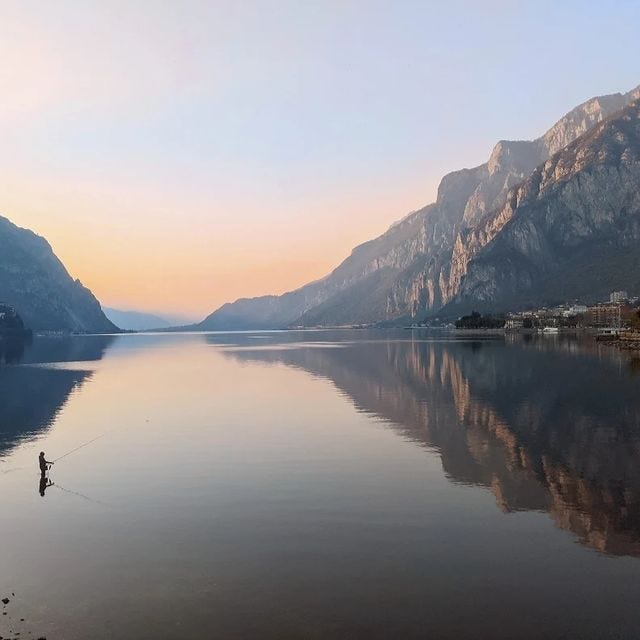
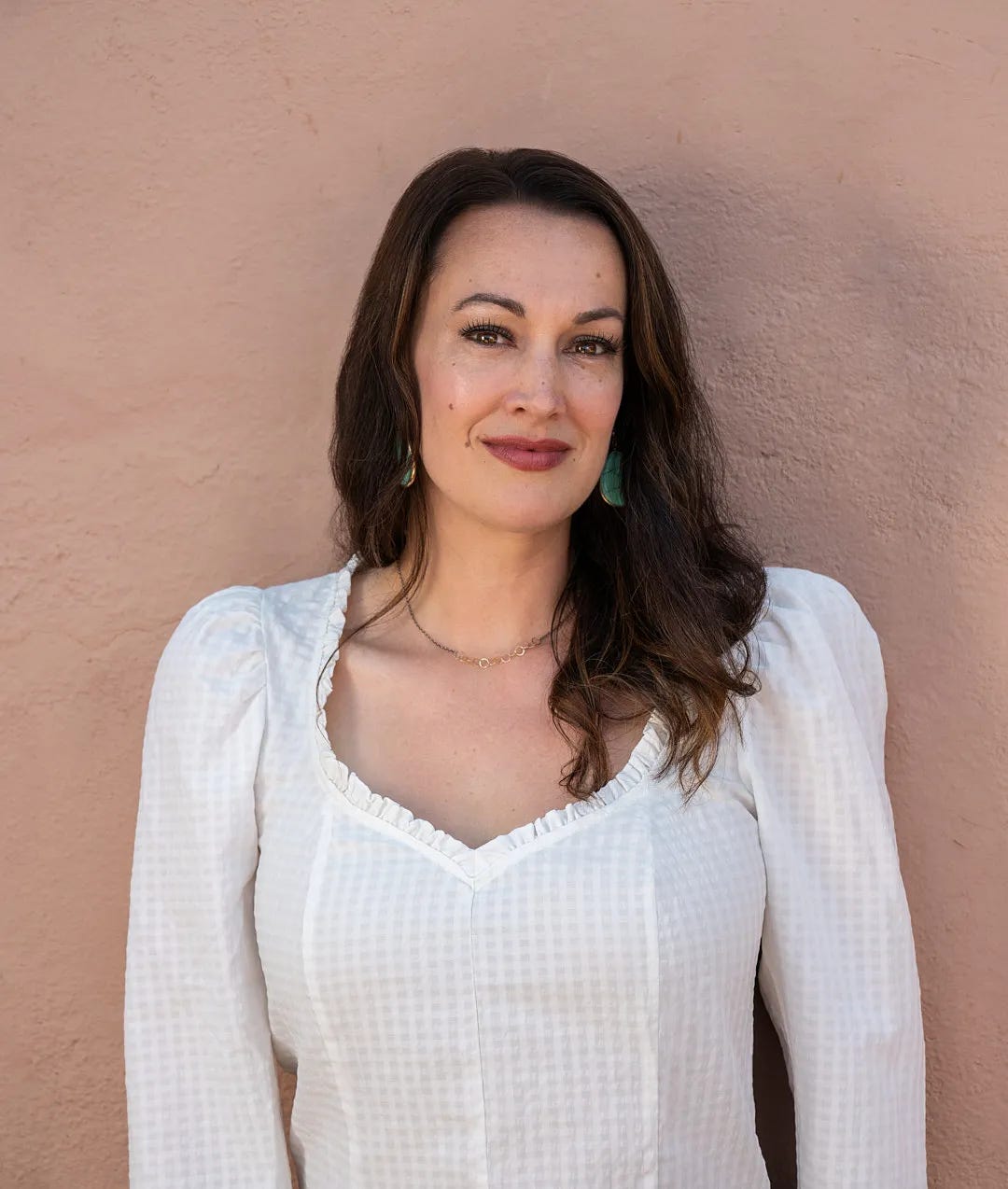
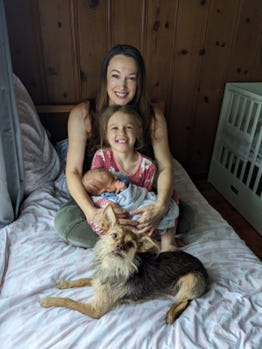
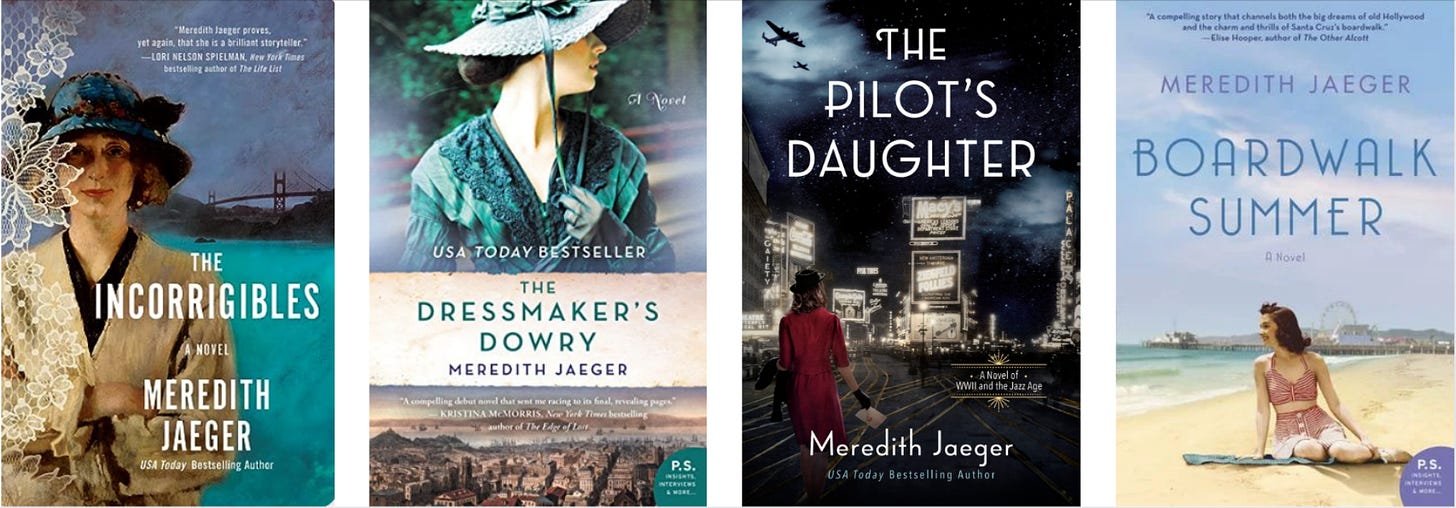





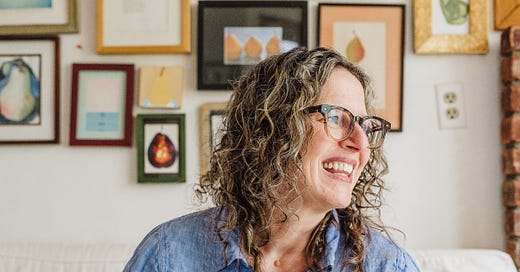





Great interview. My kids are older (16, 14, 10) and I came to writing a little later in life, so I never tried to juggle creative work while they were babies and toddlers. Still, I find I must be so mindful of how I make use of those writing hours while they're at school; I think it's easy to imagine that one might write all day but caregiving/household needs have a way of seeping into those school hours, in ways that surprise me. My children are more independent in that they don't need as much supervision, yes, but they still need a lot. Thank you for shedding light on the challenges of balancing motherhood with a creative life.
As a caregiver of a disabled adult - for whom outside care is a rarity - I appreciate these insights on what it feels like to shape and retain a creative life (or frankly any kind of self identity outside of the caregiving role) within all-encompassing caregiving parameters. Allowing myself the time for my projects, scheduled on the calendar as much as possible, even in small bits, reminds me of my value.
This has gotten easier over time - but honestly it has made a huge difference financially and psychologically that our state allows parents to be paid as caregivers for disabled adults (& just recently extended that option for those under 18, which is incredible). I can afford (be worthy of) time in unpaid creative outlets because at least some of my other time is being compensated.